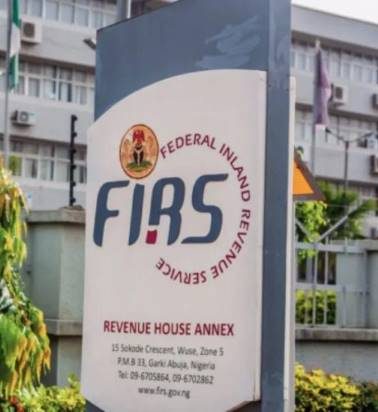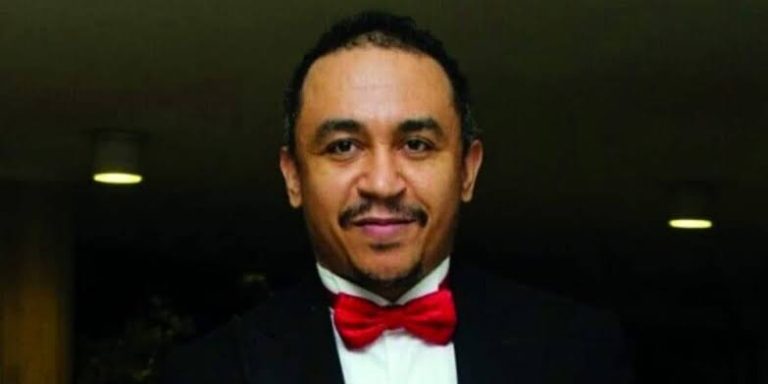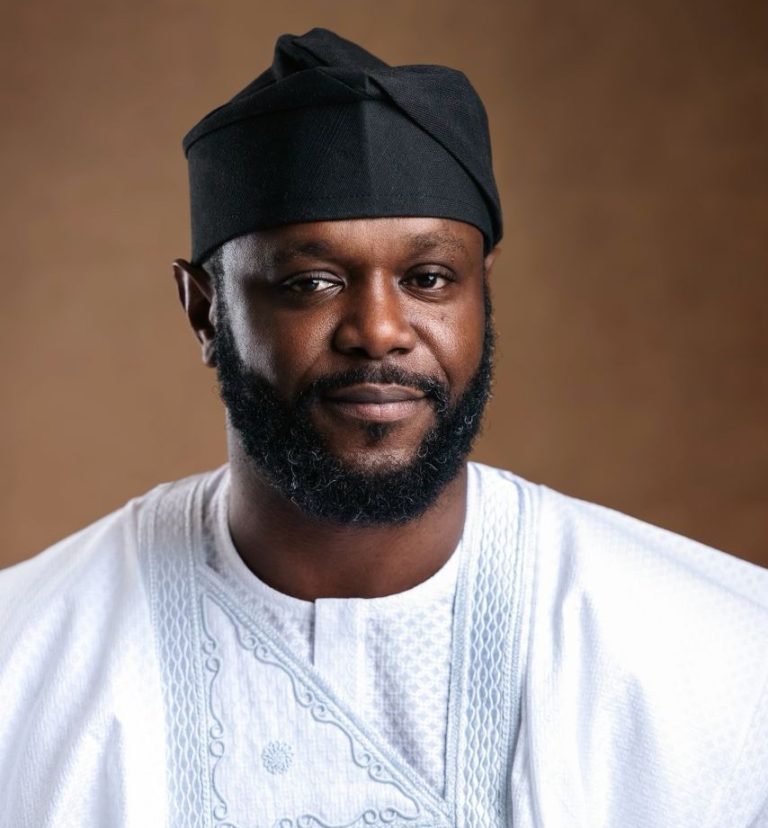
The Federal Inland Revenue Service (FIRS) has identified the Economic and Financial Crimes Commission (EFCC) as a crucial ally in its ongoing drive to enforce voluntary tax compliance and safeguard Nigeria’s public finances.
FIRS Executive Chairman,Zacch Adedeji, made the declaration during a courtesy visit to the EFCC headquarters in Abuja on Tuesday. The visit comes amid preparations for the implementation of Nigeria’s new tax laws, which will take effect from January 2026 and formally transition the FIRS into the Nigerian Revenue Service (NRS).
During the meeting, both agencies pledged to deepen inter-agency cooperation to bolster tax enforcement, detect fraud, and ensure efficient revenue collection.
“We cannot pursue 200 million Nigerians individually to do the right thing,” Adedeji said.
“But we want to put a system in place that encourages voluntary compliance. That’s where your support becomes critical.”
Adedeji stressed that one of the most effective ways to promote tax compliance is through visible and transparent use of public funds.
“The best form of advertisement for tax compliance is when citizens see the results of what we do with their money,” he said. “That’s why we also need your support, not just in enforcement, but in helping our Fraud Risk Assessment and Control Department ensure value for money.”
He further praised the EFCC for its longstanding collaboration, crediting the anti-graft agency’s role in helping Nigeria meet its record-breaking revenue target, which President Bola Tinubu recently confirmed had been achieved by August.
According to the presidency, over ₦20 trillion in revenue has already been collected this year, with non-oil sectors contributing the majority share.
“Our success is not FIRS alone it is a collective effort that includes agencies like the EFCC,” Adedeji noted.
In response, EFCC Chairman Ola Olukoyede pledged the Commission’s unwavering support to the FIRS and emphasized the importance of public perception in tax enforcement.
“When Nigerians see EFCC standing beside FIRS, it sends a strong message it’s no longer business as usual,” Olukoyede said.
He cited a recent Court of Appeal ruling that upheld the EFCC’s authority to investigate tax-related crimes, calling it a significant boost to their legal mandate.
“We don’t assess taxes, but we can investigate tax fraud and hand over assessment responsibilities to you,” Olukoyede explained. “Our focus remains on preventing, investigating, and prosecuting financial crimes and that’s where synergy becomes essential.”
Looking Ahead to 2026
The meeting comes as Nigeria prepares to roll out a new legal framework that will transform the FIRS into the Nigerian Revenue Service, with greater focus on compliance automation, transparency, and inter-agency synergy.
As both agencies align their missions, the message is clear: non-compliance with tax obligations will face stronger scrutiny, while compliant citizens should begin to see more accountability and visible impact from their contributions.



